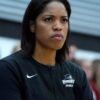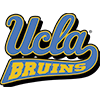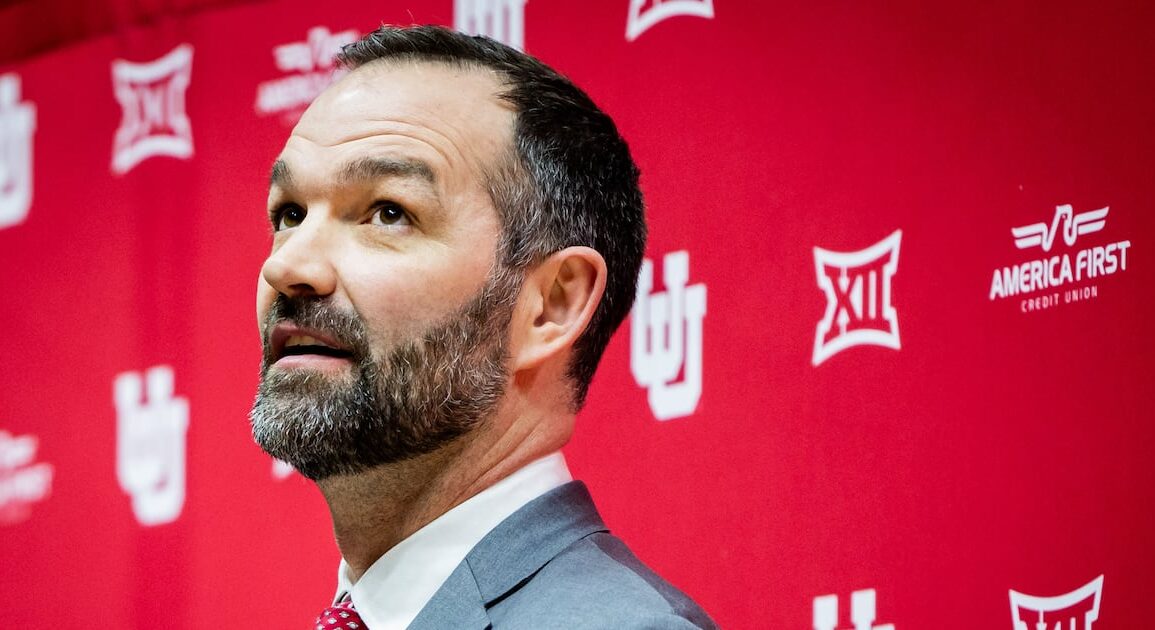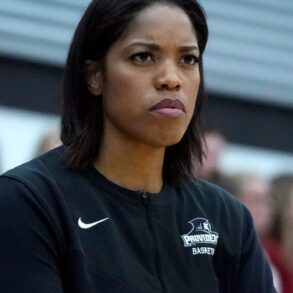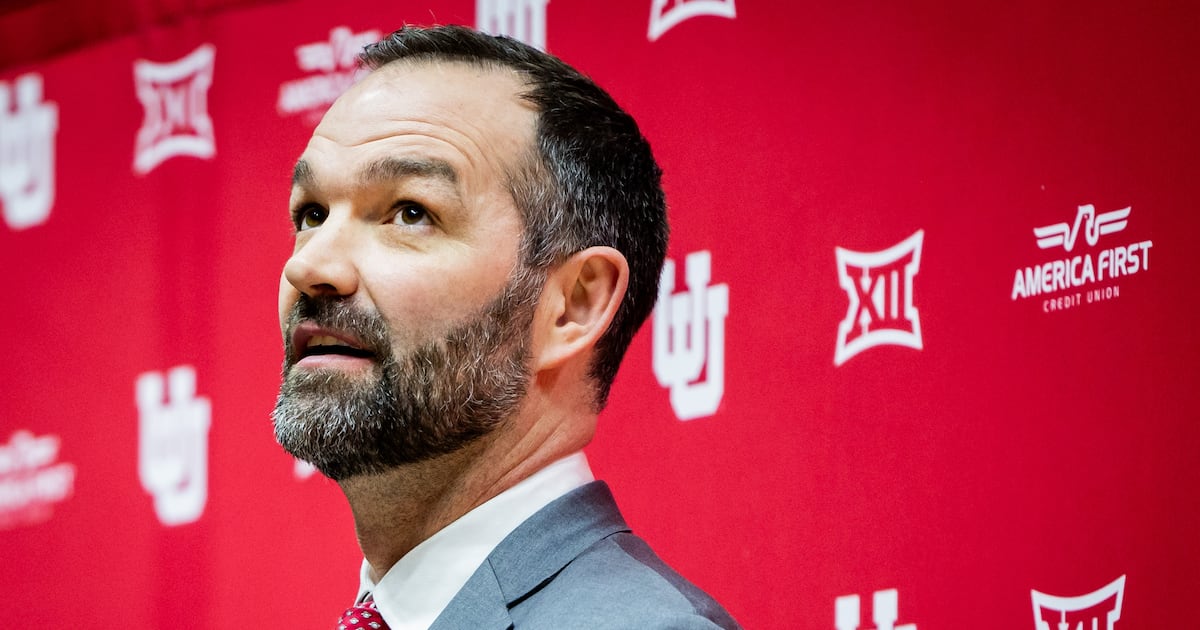
Plenty has changed in college basketball since Alex Jensen was last roaming the sidelines as an assistant coach in the game nearly 15 years ago.
College athletics made a seismic shift earlier this month when Senior District Judge Claudia Wilken approved the House v. NCAA settlement, paving the way for a new era of college sports that includes schools being able to make direct payments to student-athletes.
The settlement goes into effect July 1. One of Utah basketball’s top players, forward Keanu Dawes, became the school’s first student-athlete to sign a revenue share agreement with the university.
During the financial year 2025 — which runs July 2025 through June 2026 — schools that opt into the settlement will be able to pay up to an estimated $20.5 million dollars to student-athletes.
Not long after the settlement was reached, Utah athletic director Mark Harlan said Utah was “all-in on investing up to the maximum allowable in revenue share,” while adding the school is finalizing plans for how the revenue will be shared.
Navigating the complexities of the settlement is just one of a laundry list of things that Jensen, who spent the past dozen years as an NBA assistant coach, has been working through since being announced as the Runnin’ Utes’ 17th head coach on March 6.
“The learning curve is bigger for me than the guys that have been in (college basketball), but that’s why I hired a lot of people around me that are smart,” Jensen told the Deseret News in an interview this week.
Those hirings have included bringing in Wes Wilcox, a former NBA executive and most recently the Sacramento Kings’ assistant general manager, as the program’s GM.
Jensen has also brought on Raphael Chillious, Eric Daniels and Martin Schiller as assistant coaches.
“I think it’s going to be like this for a while, because you have more questions of what you can do and how you can do it,” Jensen said in terms of figuring out to best utilize revenue sharing.
The 49-year-old Jensen, who once starred for the Utes and was named Deseret News’ Mr. Basketball during his standout prep career at Viewmont High before that, sees the settlement as a positive move for the sport.
“I think it’s the right direction. I think it’s a huge step into normalizing everything and getting some guardrails to the whole thing, and I think it’s only the beginning of the transformation of college sports,” he said.
One part of the settlement includes having NIL third-party deals that involve college athletes vetted through a clearinghouse, NIL Go.
The clearinghouse will determine if the deals meet “fair market value,” with the ability to approve or reject each deal.
“The teams or the programs and universities that have an understanding of it and ask the right questions and get ahead of it can take advantage of it and use it as an advantage,” Jensen said. “That’s what we’re trying to do now.”
This post was originally published on this site be sure to check out more of their content.


